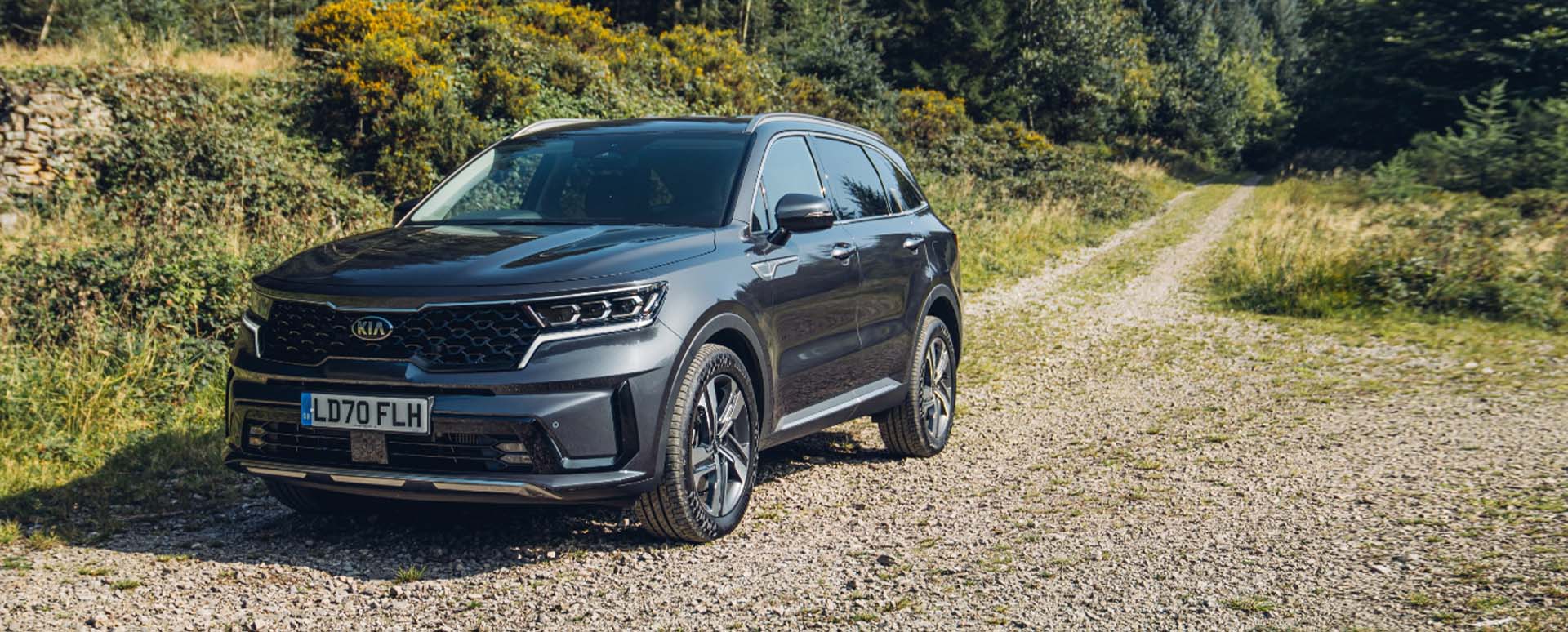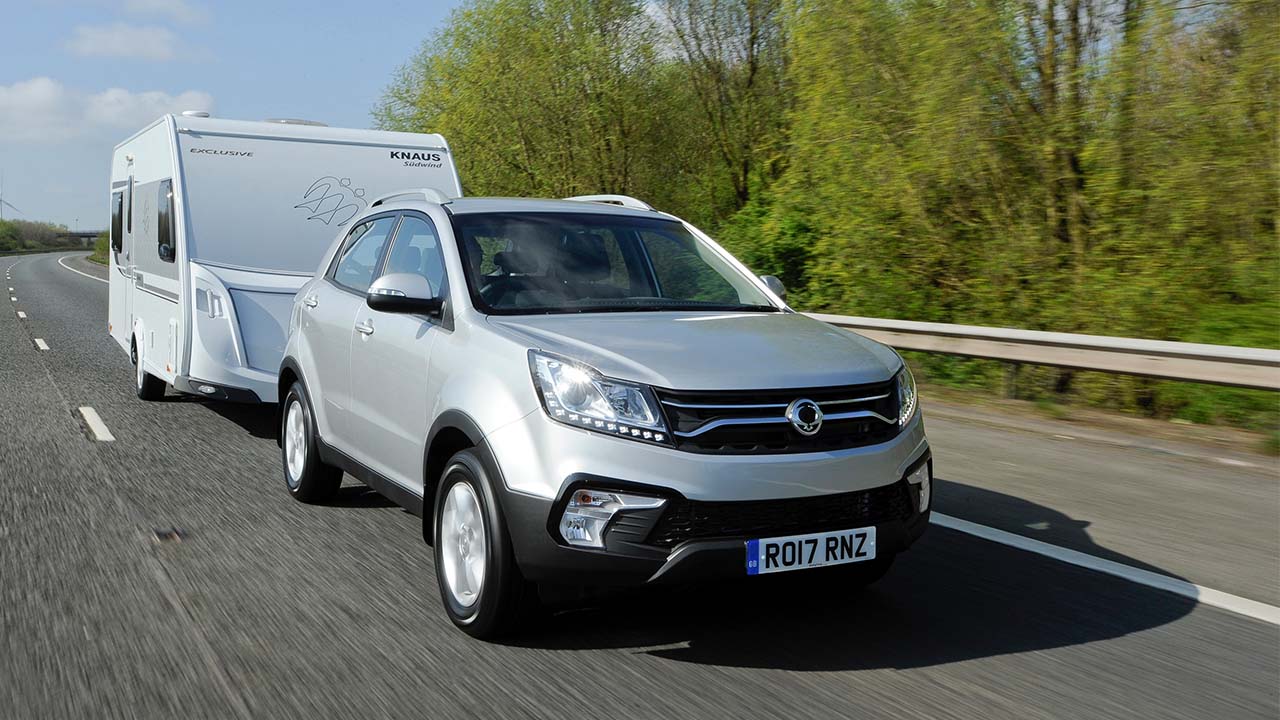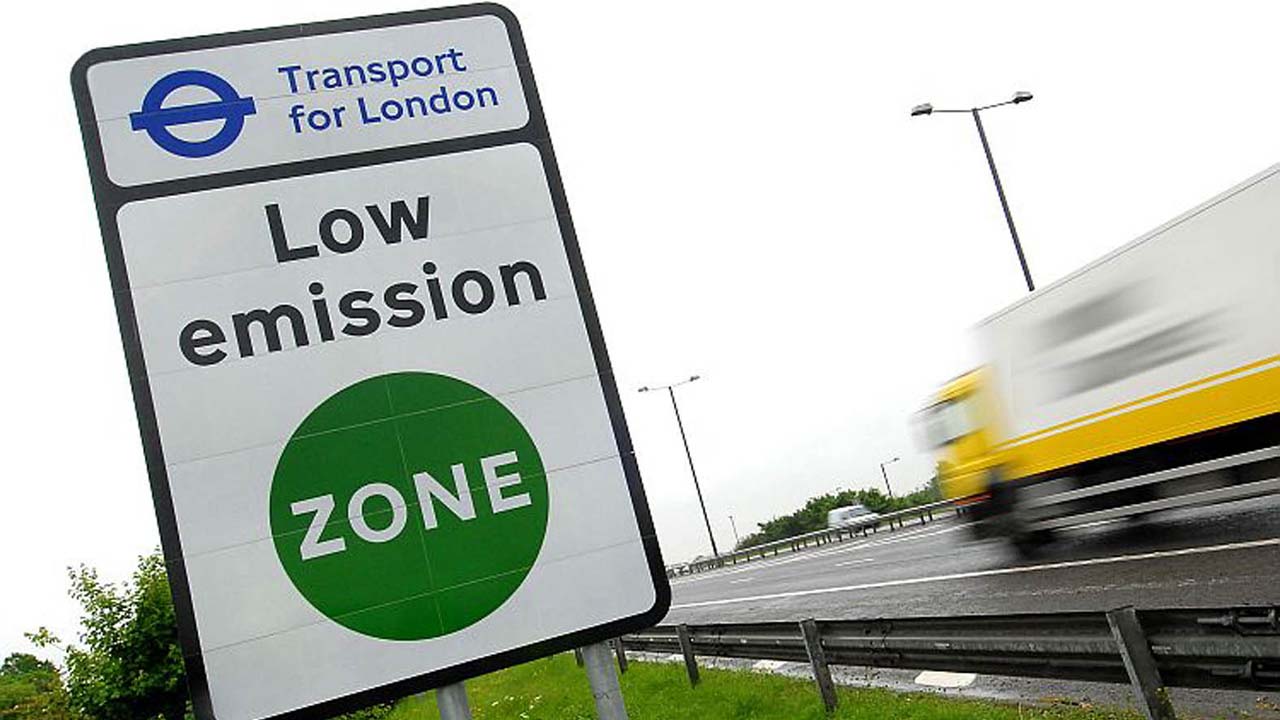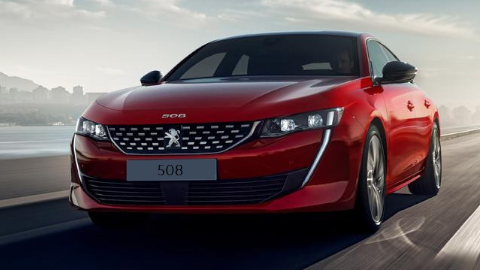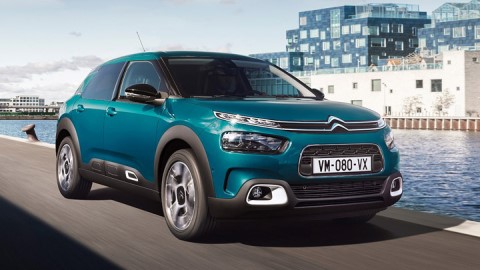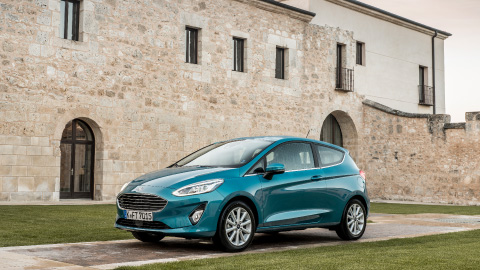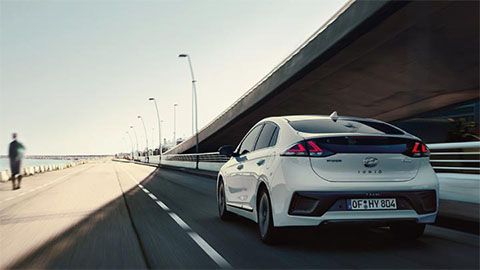Should I still buy a diesel car in 2023?
With a ban on new diesel and petrol-powered cars being implemented in the UK from 2030, more motorists are starting to explore the transition to electric or hybrid vehicles.
Major cities, such as London, have also been clamping down on vehicles that don't meet set emissions standards. Older diesel cars have been hit the hardest by the Ultra Low Emissions Zone (ULEZ) because they emit more harmful pollution than their petrol counterparts in most cases.
It may sound bleak, but diesel cars still have a lot to offer under the right circumstances, as we've highlighted below.
Is it worth buying a diesel car anymore?
If you drive over 12,000 miles annually, or you use your car for towing on a regular basis, then we'd recommend looking at a diesel car.
For the most part, diesels can achieve better fuel economy on a long journey compared to a petrol counterpart. Especially if your journey mainly consists of motorway driving.
The cost of diesel is usually higher than petrol, but the better fuel economy will translate to savings if you cover quite a bit of mileage every year.
Diesel vehicles make excellent towing vehicles, too. That's because they produce a hefty amount of torque, which basically means they have good pulling power. They can often tow more than equivalent petrol cars, making light work of the heaviest loads.
Diesel cars in London
Diesel cars are allowed to drive in London. However, if they don't meet Euro 6 emissions standards, then owners will be charged £12.50 a day for entering the ULEZ.
The Euro 6 standards were introduced in September 2015, so any diesel car built after that period should be able to enter the ULEZ without incurring a charge.
We recommend using the Transport for London's online vehicle checker if you don't know which standards your car meets.
What is ULEZ?
ULEZ stands for Ultra Low Emissions Zone, and was implemented by the government to help clean up the air in London.
It's in operation 24 hours a day, 7 days a week, with an exception being Christmas day.
Best used Euro 6 diesel cars for sale
If you're in the market for an economical diesel car that meets Euro 6 standards, then we'd recommend taking a look at the models below.
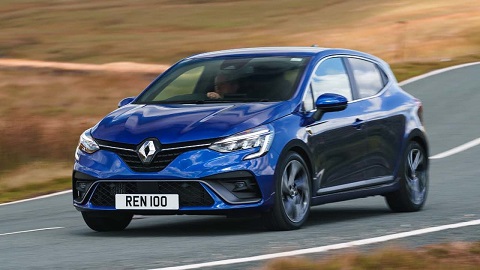
Renault Clio
Renault's 1.5-litre diesel engine is super-efficient, which helps with running costs.
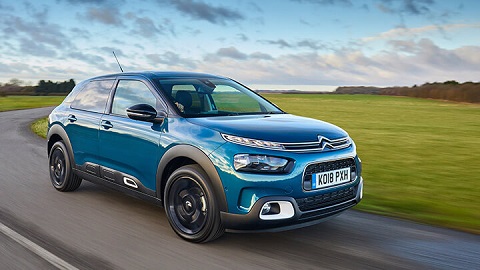
Citroën C4 Cactus
Frugal and easy to drive in the city, the C4 Cactus is a great companion for daily commuting.
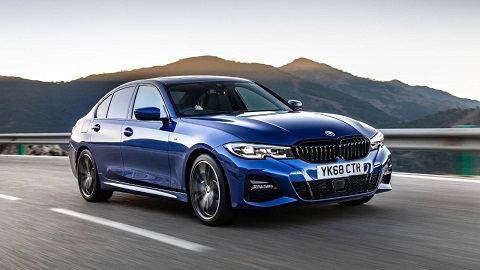
BMW 3 Series
A class leader in its segment, it's easy to recommend the 3 Series to anyone who covers a lot of miles.
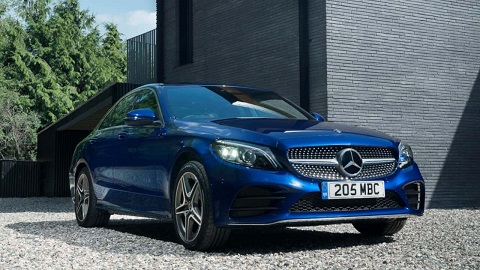
Mercedes-Benz C-Class
The opulent interior design makes the C-Class a fine choice for motorists wanting refinement as well as efficiency.
| Petrol vs Diesel Comparison | |
|---|---|
| Petrol | Diesel |
| Recommended if you travel less than 12,000 miles a year | Recommended if you travel more than 12,000 miles a year |
| Fuel is typically cheaper | Great for towing a large caravan or trailer |
| Better suited for urban or mixed driving | Better suited for regular motorway users |
| Older cars meet ULEZ standard | Typically better fuel economy |
Petrol or Diesel?
Whether you go for a petrol or diesel-powered car will ultimately depend on what you need your car for.
The image above highlights the pros of each fuel type and who they're best-suited to. In general, we recommend going for a petrol if you drive less than 12,000 miles a year, since diesels will only save you money if you cover larger mileage every year.
If you do a lot of short journeys, then a petrol is advised, since diesels can suffer from DPF issues if they aren't driven frequently enough. However, if you spend a lot of time on the motorway, then a diesel makes more sense.
Petrol cars are still capable when it comes to towing, but for the most part they don't compete with the equivalent diesel. So, that's worth taking into account if you have a large caravan.
Frequently asked questions
With the recent demand for used cars (due to new car wait times), diesel cars are still worth considerably more than they once were. Like anything, depreciation will set in, but perhaps not as much as first predicted.
With the internal combustion engine new car ban coming in 2030, you will have until then to buy a brand-new diesel car, although with used car prices typically higher due to external factors, it's hard to predict if you should buy or not buy a diesel car. It will all depend on your specific circumstances as expressed in this blog.
Diesel cars are ideal for longer journeys. Petrol cars and electric are better for shorter journeys, as a diesel car's particulate filter will usually clog up if only short journeys are made. Sometimes all that is needed to unclog a diesel's particulate filter is a long continuous journey, like when on the motorway or dual carriageway at higher speeds.
Brand-new diesel cars will no longer be available if upcoming 2030 law doesn't change, however used diesel cars should be still available and may be less expensive. Although, with used car prices still staying strong, and electric car infrastructure being criticised in recent times, it's not easy to fully predict a definite answer.
Diesel cars tend to be not as 'refined' as petrol cars, although newer diesel cars are now much quieter and much more refined. They tend to warrant higher charges when using the London Congestion zone and tend to have higher service costs. Alternatively, they make more sense if you plan on doing big mileage such as beyond 12,000 miles a year due to the enhanced economy they have, so it's not all bad.
Diesel cars for sale
Despite the ban coming in 2030, diesel cars still represent a good choice if you do enough mileage to warrant them, or if you need to tow something on a regular basis.
What's more, opt for a model that meets Euro 6 standards, and you won't have to worry about charges being incurred by the likes of the ULEZ.
We have a variety of great deals on new and used diesel cars, so take a look and see if there are any you like the look of.

